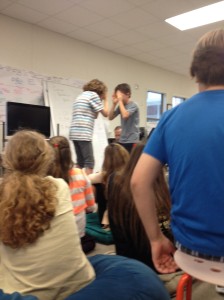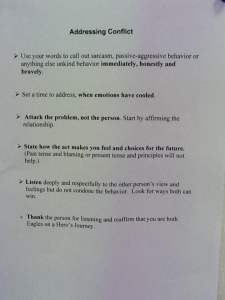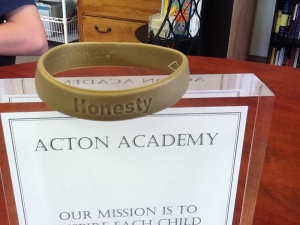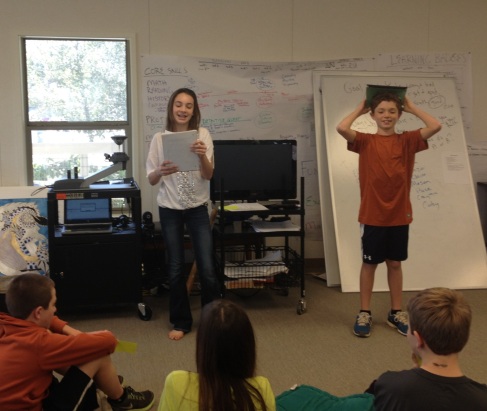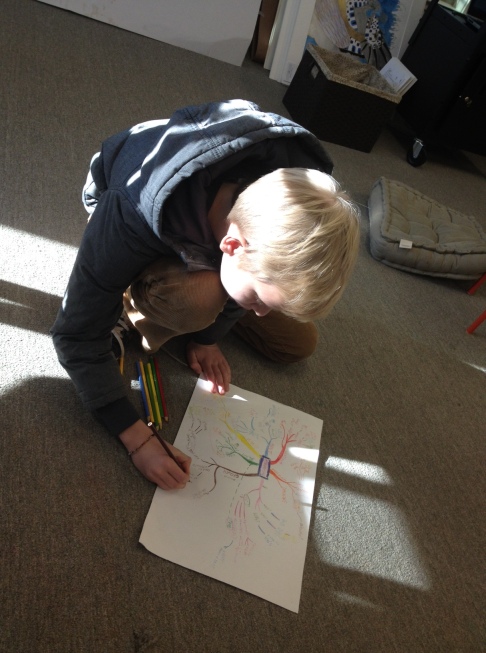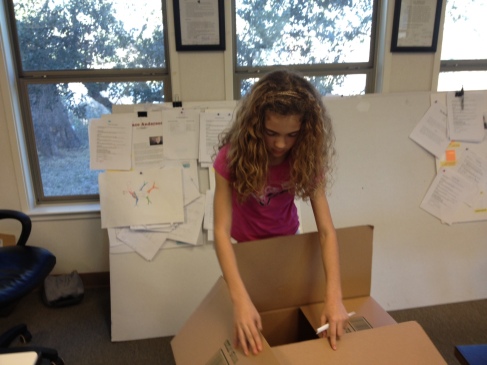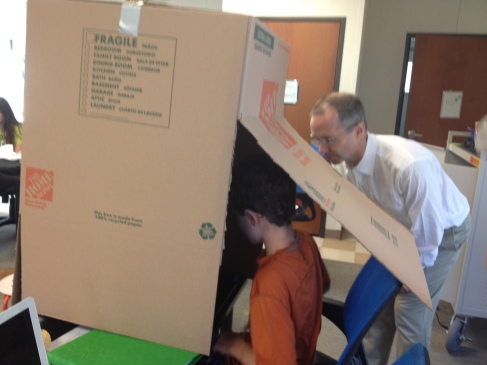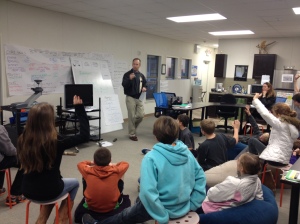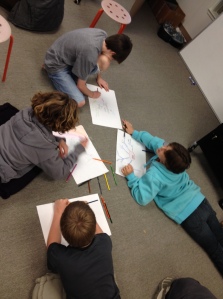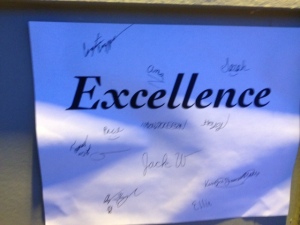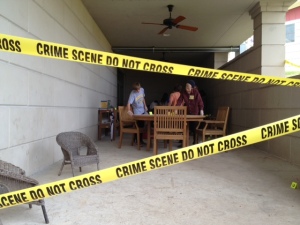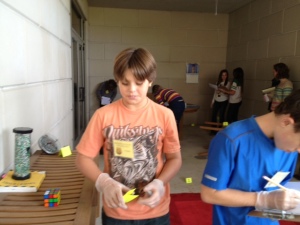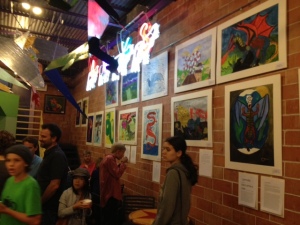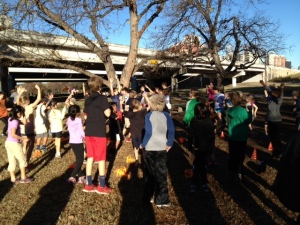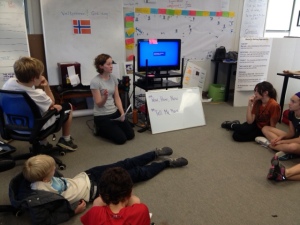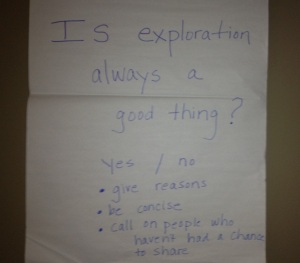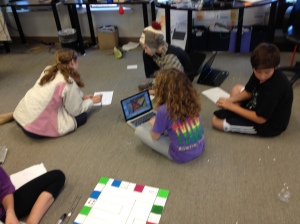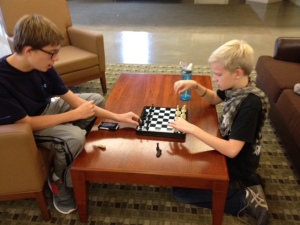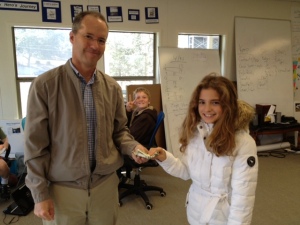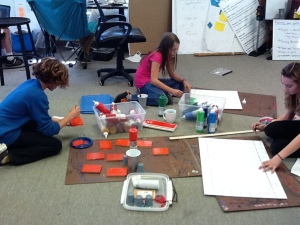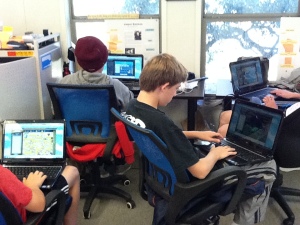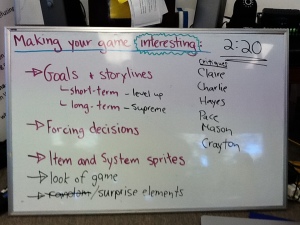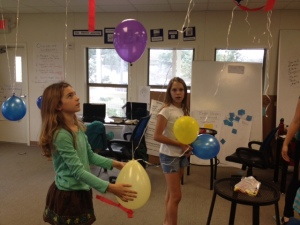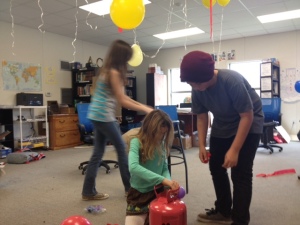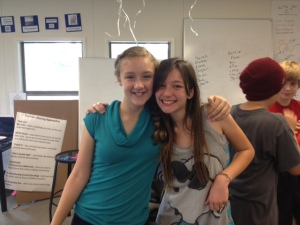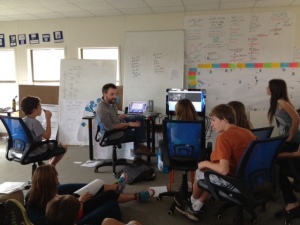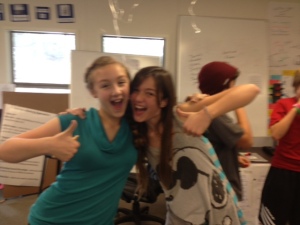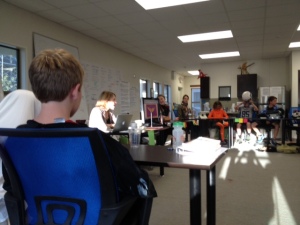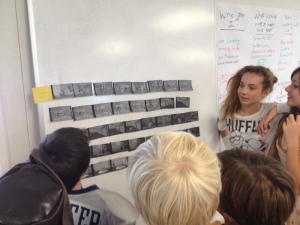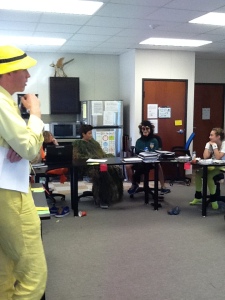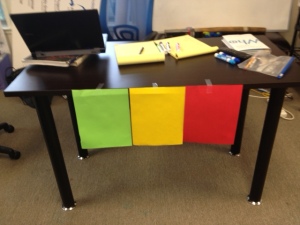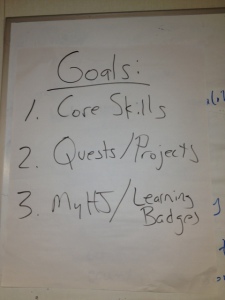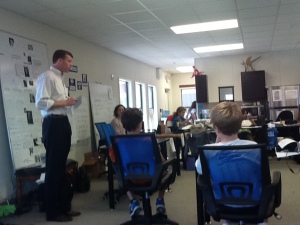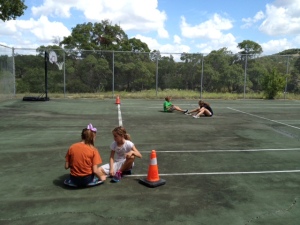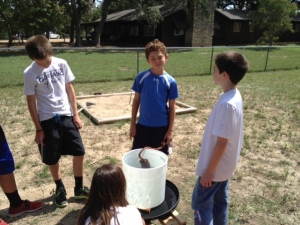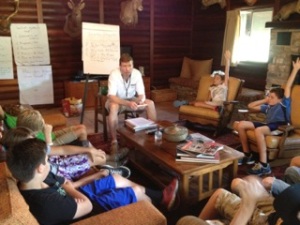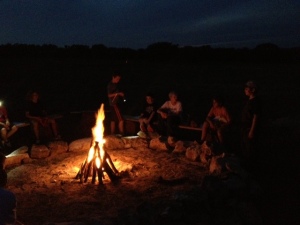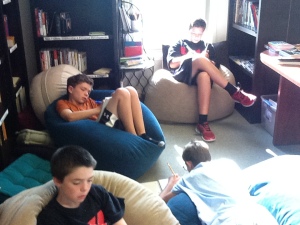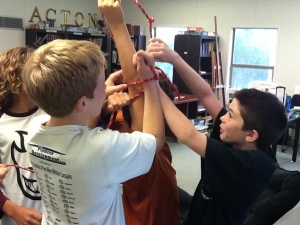It’s starts with a passing remark between friends. Perhaps even something misheard. Feelings are hurt but unexpressed.
Later, something biting in response, disguised as humor: sarcasm.
No matter the cause, the effect is corrosive. Soon, a friendship may be lost. Later, it may cost a marriage.
Are unkind words merely a rite of middle school passage? We think not. We believe our Eagles can transcend petty meanness.
Over the years, Acton MBA students have done thousands of “Stars and Steppingstone” interviews with successful people from 30 to 85 years old. If you listen carefully, the older, wiser role models will all tell you the same thing, that near the end of life, you will ask some form of the following three questions:
- Did I contribute something meaningful?
- Was I a good person?; and
- Who did I love and who loved me?
Monday, 14 year old Maria Teresa’s story reminded our Eagles of the first question; that each is expected to change the world in a meaningful way.
Tuesday, we examined the second question, what it means to be a “good person” and how sarcasm and passive aggressive behavior are small acts of cowardice, the easy way out. Acton heroes are expected to confront mean remarks head on, so relationships can be repaired.
One young Eagle even had the courage to gently but firmly confront a friend, in front of the entire class, using the new techniques of conflict resolution we had practiced. A genuine act of bravery for both parties.
By the end of class, nine brave Eagles stepped forward with a bold promise. To wear honesty bracelets for one week, as a commitment to call out and stamp out mean comments, so as to make the community stronger.
Can middle school students really build a far healthier community than most adults?
We believe they can and will.
